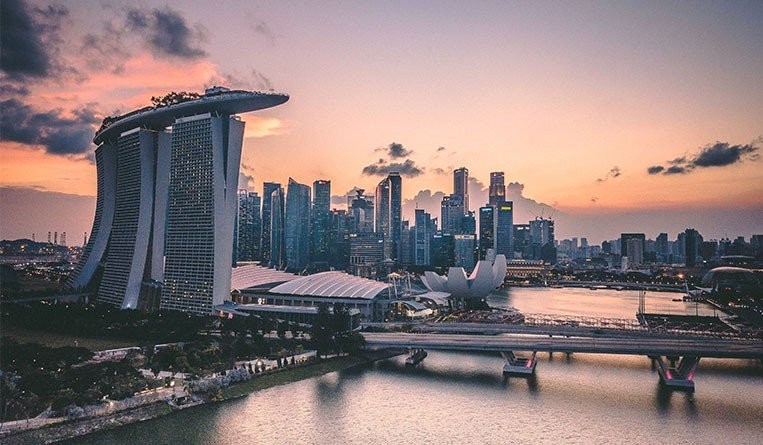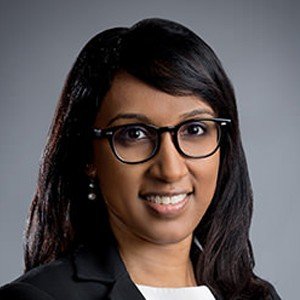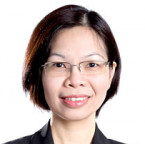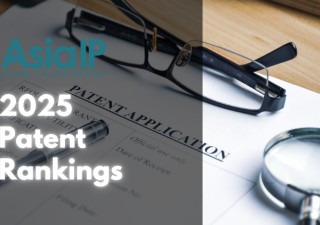Singapore Announces New Patent Rules and Fees to Promote Innovation
07 April 2017

Singapore has recently announced a range of major changes to its patent system that will affect those seeking protection in a variety of ways.
On February 28, 2017, changes to the Patents (Amendment) Bill were approved to revamp the patent application system, commencing on January 1, 2020. The new bill aims at a more stringent and domesticallyfocused examination process for patents in Singapore. Presently, some patents are applied for through the foreign route, which allows a patent to be granted by reliance on the allowance or grant of a corresponding application or a positive International Preliminary Report on Patentability (IPRP) by requesting a supplementary examination report based on the foreign examination report relied upon. This new bill will eliminate the foreign route option and will therefore require applicants to file a request for a local substantive examination with the Intellectual Property Office of Singapore (IPOS) for new Singapore patent applications filed on or after 2020. Given that the entirety of the process of examination is going to be carried out in Singapore, the quality and consistency of patents granted in Singapore is expected to improve.
(The term “patent applications filed on or after 2020” refers to national applications having a date of filing on or after 1 January 1, 2020; international applications entering national phase having a date of filing on or after January 1, 2020; and divisional applications having an initiation date on or after January 1, 2020.)
The measure reflects the will of the Singapore Government and the Intellectual Property of Singapore (IPOS) to ensure that every patented invention or process is subject to the standards of scrutiny set nationally – an understandable wish, given Singapore’s consistently high ranking in worldwide reports such as those published by the World Economic Forum for Global Competitiveness and the International Property Rights Index. Nevertheless, the changes will not overly affect search procedures, as searches conducted by approved foreign patent registries will still be eligible.
Furthermore, the move will grant inventors a grace period of 12 months to disclose their research prior to application for a patent in Singapore. This will undoubtedly be a welcome move, allowing for extra time to market and attract potential investment in a new product or process.
These announcements have been made almost in conjunction with further amendments to Singapore’s patent regime by the means of fee changes. IPOS announced at the beginning of February that, from April 1, 2017, fees will be lowered for requests of patent search and examination reports. It seems that, given its upcoming wish to ensure further scrutiny on applications through purely domestic examination, this fee cut is to incentivize patent applicants in the lead-up to this change in policy.
In a bid to perhaps offset the cost of this measure, IPOS is increasing fees for patent renewals. However, patent holders who are willing to license their patents will be given a 50 percent discount on their renewal fees. Therefore, the real motivation behind these measures seems to be to discourage those ‘hoarding’ patents – the benefits of discounted renewals will only be bestowed upon those patent owners who license their rights to other parties, or release them into the public domain. Alongside the new reduced fees for search and examinations, the measures can be seen as encouraging innovation whilst also at the same time promoting an ever-renewing cycle of innovation by disincentivizing hoarding.
IPOS’s actions in the beginning of this year are a bid for self-improvement, in the immediate and long term, in what is a consistently globally-renowned IP regime.
Note: The same fees trend is being followed by IPOS with respect to trademarks as part of the April 2017 upheaval, with a 30 percent discount for applicants wishing to register marks in certain pre-approved categories of goods and services – contrasted with the first increase in trademark renewal fees in Singapore in 10 years.
mirandah asia (singapore) pte ltd
1 Coleman Street
#07-08 The Adelphi
Singapore 179803
T: +65 6336 9696
F: +65 6338 3739
E: singapore@mirandah.com








